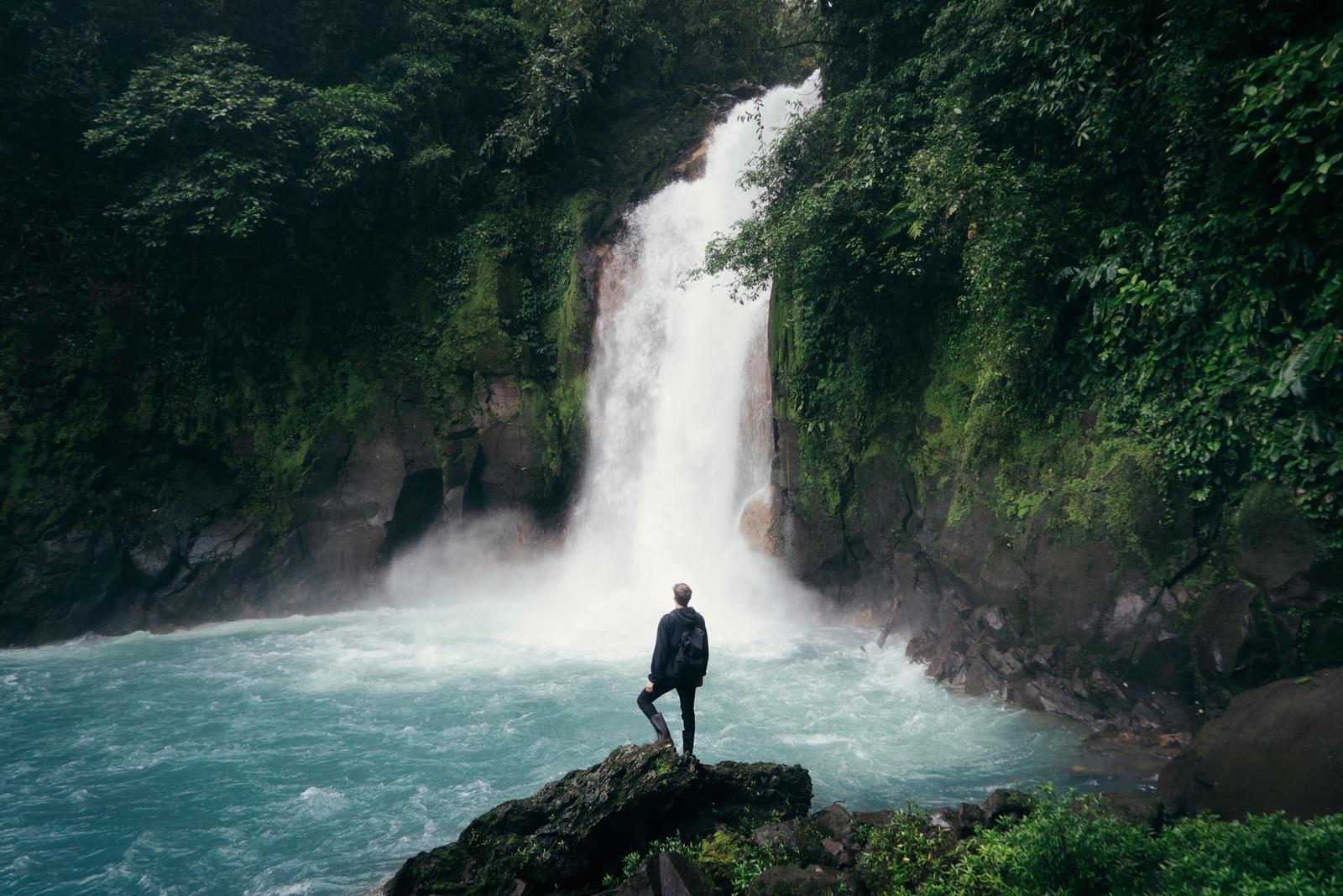Traveling guarantees two vacations are never exactly the same. Often addressed here are solo travel and adventure travel, two of the best forms of holidays available for everyone. Though they provide unique chances for growth, self-discovery, and excitement, persons with different needs and objectives will find them most appropriate. Travel by itself fosters independence, self-awareness, and the capacity to choose your own way ahead. Adventure travel, on the other hand, stresses interesting experiences and stretching your mental and physical capacity. Of which one performs better? The answer is understanding of the main traits, benefits, and likely negative aspects of every, not a clear yes or no. This article compares, based on freedom, safety, personal growth, and the complete experience, alone travel vs adventurous travel. This will direct your choice of the one most fit for your soul.
Freedom and Flexibility
Travelling alone promotes personal liberty. Traveling alone gives you total control over your schedule—what time you get up, where you eat, how long you spend at one place, and when you journey on. This unparalleled degree of freedom lets you make impromptu choices, slow down and contemplate, and completely customize your trip objectives. You are not customizing your ideas to someone else’s comfort zone or compromising with a group. Simply you and the road ahead.
Although adventure travel is usually full of excitement, particularly when activities like hiking, whitewater rafting, or guided safaris are included, it usually follows a more ordered road. Usually, they call on following group plans and guidelines. Although personal spontaneity is less possible, the framework guarantees a degree of order that would be beneficial for people who value following a set course. Here, freedom is shown more by physical difficulties and natural discovery than by personal liberty.
Safety and Risk Factors
When deciding between solo and adventurous travel, one first has to give safety first priority. Particularly in foreign or isolated areas, solo travelers run particular hazards. Solo travel may be more frightening because of language issues, cultural misinterpretation, and absence of a friend in an emergency. Still, great preparation, keeping in touch online, and following safety rules can help greatly reduce these hazards.
Conversely, adventure travel has bodily hazards related to highly active pursuits. From climbing mountains to traversing deserts to negotiating fast rivers, the physical effort and possibility for damage are more obvious. Having said that, many adventure travel agencies have safety procedures and qualified experts in place, which frequently makes group adventure excursions statistically safer than single travelers facing obstacles on their own. Navigating solitary unpredictability against controlled but difficult adventure hazards is a trade-off.
Personal Growth and Mental Challenge
Many times, solo travel is regarded as a voyage of the self. The seclusion fosters independence, introspection, and problem-solving ability. Traveling alone forces people to face their loneliness, acknowledge their limitations and abilities, and assume responsibility. For those looking for insight, emotional healing, or a fresh outlook on life, it may be very gratifying. The mental difficulty of solo travel is juggling everything—from budgeting and planning to negotiating foreign systems and handling unanticipated problems.
Travel for adventure provides another form of development. Here, challenging physical limits drives the personal change. Whether you’re diving with sharks or mountain climbing, the confidence and feeling of accomplishment acquired from conquering real obstacles is very fulfilling. Overcoming nature or pursuing high-adrenaline activities builds resilience and courage, which will help you to feel more alive than before. It is more about action than about reflection.
Social Interaction and Connection
Although it seem lonely, many solo travelers claim building more real relationships on the road than when traveling with others. Being by yourself sometimes motivates you to interact with residents, strike up conversations with other visitors, or really absorb local events. For single travelers, hostels, group trips, and internet resources assist close social gaps and may result in lifetime connections.
Particularly when group-based, adventure travel offers natural company. Common experience of excitement and difficulty naturally promotes friendship. These events foster strong, often instantaneous bonds whether they include celebrating a peak together or bonding over a challenging climb. Adventure travel frequently results in unforgettable group dynamics and the delight of doing something amazing with others by your side for those who excel in team environments.
Conclusion
Ultimately, your comfort zones, objectives, and personality will determine whether alone or adventurous travel is best. Adventure travel attracts thrill-seekers eager for adrenaline, physical challenges, and social dynamics; solo travel shines for individuals seeking freedom, introspection, and self-paced discovery. Though in distinct forms and rhythms, both genres provide experiences that change people. What fits you best may be a mix of the two: an adventure vacation with time set aside for solitude or a solitary travel with adventure-packed events. Whatever the name it wears, the ideal travel experience is one that tests, satisfies, and thrills you. Follow your interests, trust your gut feeling, and the correct travel approach will inevitably fit your particular trip.


